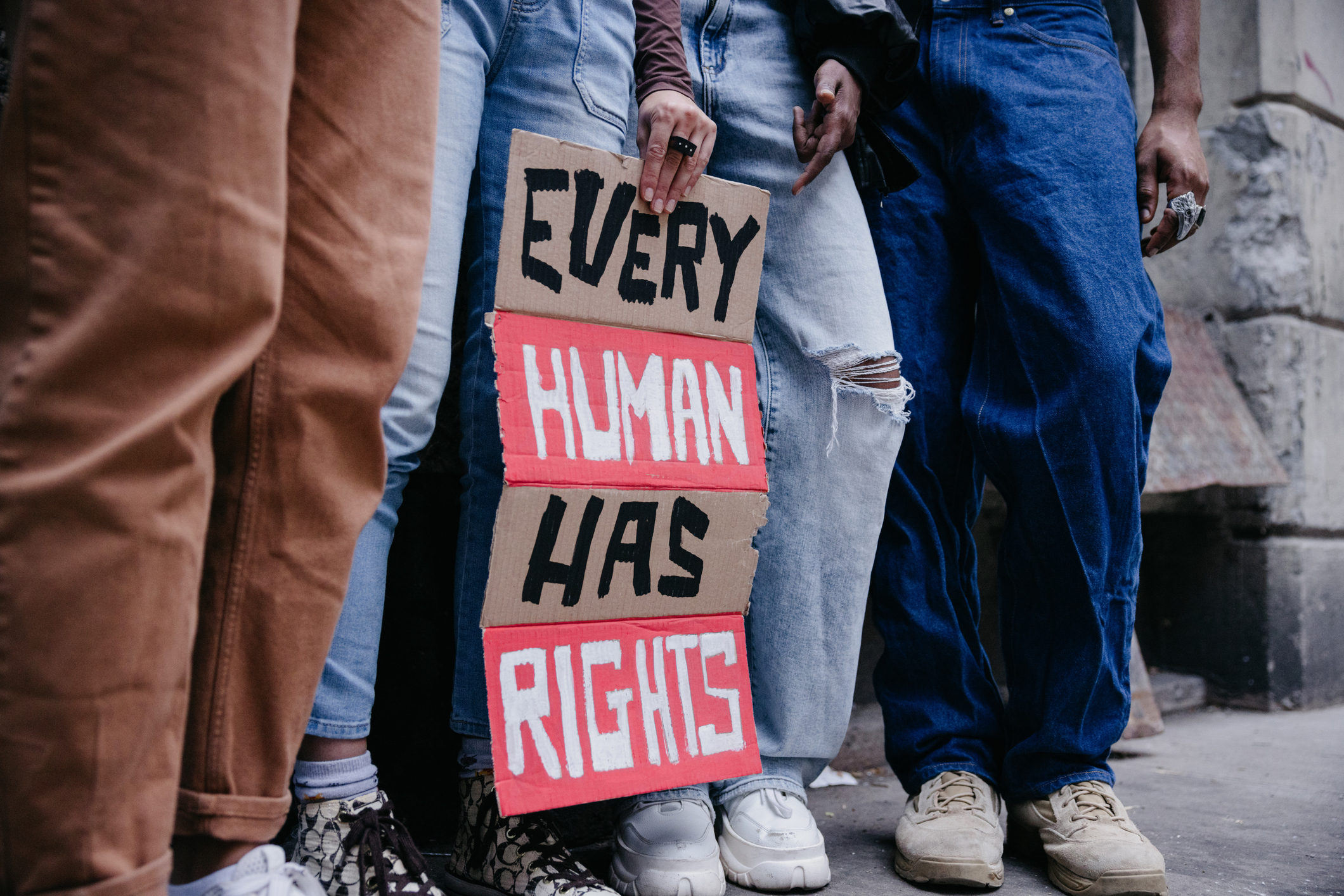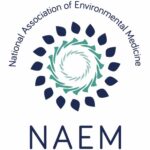Defending Human Rights at the Intersection of Toxics and Gender Equity
 |
| Debra Erenberg Interim Co-Director at WVE |
Defending Human Rights at the Intersection of Toxics and Gender Equity
You probably know that Women’s Voices for the Earth works to address issues related to harmful chemicals from a gender justice perspective, but did you know that this work involves internationally recognized human rights? The Charter of the United Nations, the Universal Declaration of Human Rights, the Convention on the Elimination of All Forms of Discrimination Against Women (CEDAW) and other international agreements protect the rights of all people to a standard of living adequate for the health and well-being of themselves and their families, safe and healthy working conditions, a healthy environment, and protection of reproductive functions.
WVE recently responded to a call for inputs from the United Nations’ Special Rapporteur on Toxics and Human Rights with recommendations to inform a forthcoming report on gender and toxics. WVE uplifted four specific human rights concerns at the intersection of gender and toxics:
1) Governments’ failure to address toxic chemicals in menstrual products interferes with the right to health of women, girls and other people who menstruate. Stigma around menstruation contributes to the lack of action to protect people who menstruate from toxic chemicals in period products.
2) Stigma also contributes to the lack of protections concerning toxic chemicals in other intimate care products marketed to women.
3) Toxic chemicals found in cleaning supplies disproportionately impact women’s health and violate their right to the protection of health and safety in the home and workplace.
4) Toxic chemicals in salon products disproportionately impact women’s health, especially women of color and salon workers.
WVE recommended that the UN report include:
1) The lack of protective action by governments violates the rights of women, girls, and other people who menstruate to health, non-discrimination and gender equity. Failure to address toxic chemicals in predominantly female work environments constitutes a gender-based violation of the right to a safe and healthy workplace.
2) All people have a right to know whether the products they use in or on their bodies and in their workplaces contain toxics.
3) Governments should adopt the precautionary principle when considering the approval of new chemicals for use in the marketplace, requiring producers to prove that the product is safe for both people and the environment. Special caution should be taken before approving products for use in sensitive bodily areas and in enclosed environments.
4) Governments should exercise greater vigilance in banning the use of potentially harmful ingredients that are not necessary to the efficacy of the product, such as fragrance.
5) Manufacturers should create and implement improved ingredient safety screens to rule out ingredients which may pose unnecessary health risks.
6) Governments should fund research into the short- and long-term gender-specific health impacts of exposure to toxics in intimate care products, cleaning products, cosmetics, and salon products.
7) Governments must enforce stronger worker protection laws to ensure the safety and health of people who clean as a regular part of their job duties, of salon workers, and other low-wage workers routinely exposed to toxics.
8) As governments enact protections, multinational corporations must not shift the production, marketing and sale of toxic products to states with fewer protections. The international community should put into place structures for monitoring and enforcement of human rights related to safe and healthy environments and workplaces for all peoples regardless of location.





